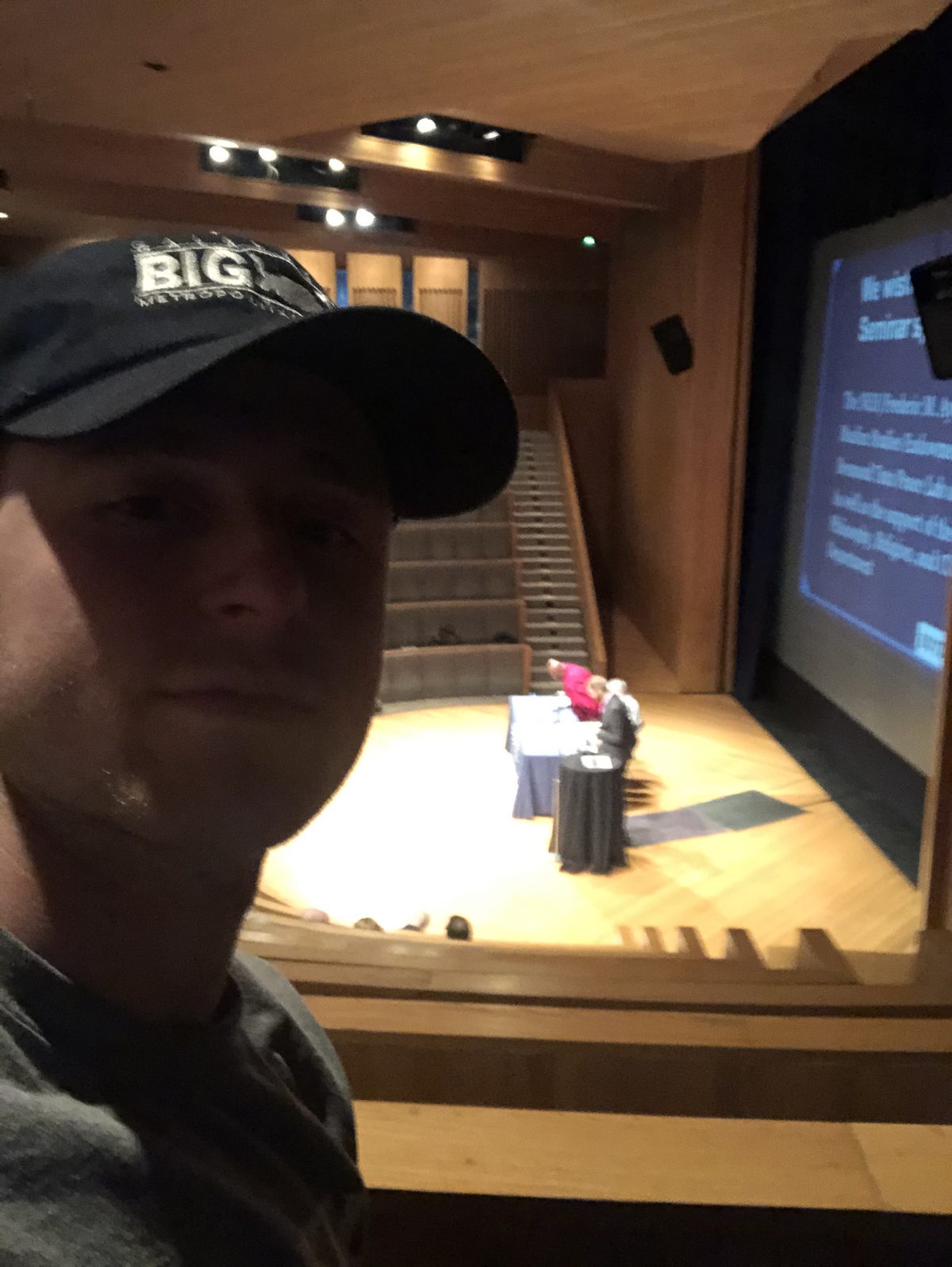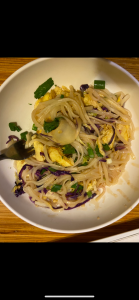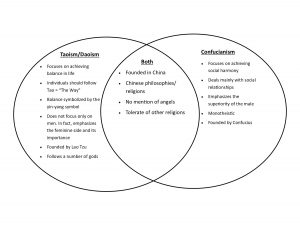This week we learned about Confucius, his teachings, and read the Tao Te Ching poems. We were also asked the question whether we would want fame now or later after death and whether we would be rock or water during a conflict. This reflection has to do with my views from the week’s teaching as well as my first visit to the Nur Allah site.
I read the excerpts from the Analects of Confucius and two of them stood out to me. One of them was [13:10] The Master said: “If any of the rulers were to employ me, I would have control of the situation within a month, and would have everything straightened out within three years.” I enjoyed this quote because it made me thing of the difference between having a title and having the necessary qualities of deserving that title. If the Master could fix the situation within a month, then those rulers seem undeserving of their title. How can one be called a ruler while this Master could fix everything within three years. From my past experiences, I’ve come across people who claim to be good at something or say they can do certain things when in reality they are lying. This quote connects to me because it helps me not to judge people by the cover. Like I’m a very skinny, small child, but I’m also a black belt in karate. So don’t judge people if you really don’t know their past, and also don’t listen to people when they are sometimes bragging about themselves because most of the time, it’s false.
Another quote was [4:17] The Master said: “When you see a good person, think of becoming like her/him. When you see someone not so good, reflect on your own weak points.” This is similar to the previous quote where I think don’t treat others as you would want to be treated. If you don’t have anything nice to say, then don’t say anything. I like how to quote ends, with it not saying “when you see someone not so good, don’t think of becoming like her/him.” Everyone has flaws and you shouldn’t judge people based on their weak points. There’s nobody perfect out there, and there will never be someone where you can 100% strive to be like. Just be yourself, and don’t judge people because if you do, then you will become that person who isn’t so good.
From the Tao Te Ching poems, one of them stuck with me. Poem 27 states “Therefore the good person is the bad person’s teacher, and the bad person is the good person’s resource.” I like this quote because it resembles balance in the world. There is always two sides of every coin is one of my favorite sayings, and this poem explains that well. We need people to compliment each other. From my experience as a tutor, if everyone is good at math, then my job is useless. And without tutors, people who aren’t good at math can’t get help. These so call “good” and “bad” people need each other because they can’t become complete without learning from each other. I learn about how to help people when teaching and how to adapt based on the student, and the student learns how to deal with a difficult problem and learn that some people don’t have to be good at everything to succeed in life. That’s my take from the poem, and it’s a good way to look at life.
The two questions asked in class were interesting to me. First of all, I would much rather be famous later than now. I’m not a very social person, so I hate attention. I much rather live in the shadows while people get recognition for my actions. I don’t need fame to be happy, fame is a tangible item. Popularity and happiness don’t necessarily work well with each other. For the water and rock question, I’m definitely water. I’m a calm person, so I just avoid the conflict or ignore the conflict if it’s small. I don’t get angry at little things, so like water, when there is a roadblock (like a rock), I would swim around the obstacle and keep going. Some people just get angry, and I’m always about having a positive and clean mind when dealing with problems.
Today was also my first day at my community site: Nur Allah. I went to the Friday service and meet with the sisters and brothers who work there and meet with locals who go there to pray. I somewhat taught myself the Arabic alphabet when the children were being taught while helping out the sisters in the classroom. It’s very interesting how they read from right to left, which I know is common but I had to train myself to avoid reading left to right when saying the alphabet. Everybody there is very nice and I had to good time working with the kids during Sunday school. Good week in class and with Sunday school overall. I’ll have another reflection next week, hope you enjoy this one.


